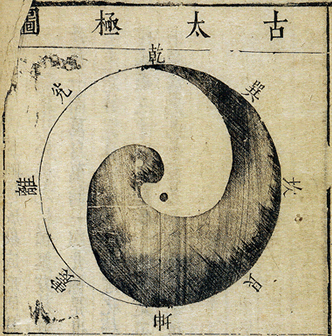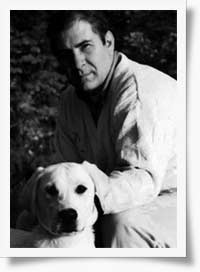 Edward Everett – not Lincoln – delivered the Gettysburg Address.
Edward Everett – not Lincoln – delivered the Gettysburg Address.
Everett was a pastor and a politician who served as a Representative, Senator, Governor, and Secretary of State. He also served as President of Harvard University. He was 69 years old and known for his oratory.
It was four and a half months after the Union armies defeated the Confederacy at the Battle of Gettysburg. Through the summer, General Lee had pushed northward into Pennsylvania. General Mead and the Union Army met him at Gettysburg on the 1st of July. They fought for three days.
When it was over, the battlefield was strewn with more than 50,000 bodies. To put it in perspective, nearly as many Americans died at Gettysburg in this one battle than in the totality of the ten years we were engaged in the Vietnam War.
Twenty thousand people gathered for the dedication of the Soldiers’ National Cemetery in Gettysburg, Pennsylvania on November 19, 1863. After a prayer, Everett spoke for two hours, delivering a 13,607–word oration.
Lincoln was invited to be present at the last moment. The words of his invitation were explicit: “It is the desire that, after the Oration, you, as Chief Executive of the nation, formally set apart these grounds to their sacred use by a few appropriate remarks.”
Lincoln felt no slight and took no offense. He wanted to be there and meant to use this opportunity. He spoke for two minutes and in those two minutes transformed Gettysburg from a battlefield into a symbol of national purpose, pride, and ideals. It only took him 272 words.
In a letter to Lincoln written the following day, Everett praised the President, saying, “I should be glad if I could flatter myself that I came as near to the central idea of the occasion, in two hours, as you did in two minutes.”
“Four score and seven years ago,” Lincoln famously began, “our fathers brought forth on this continent, a new nation, conceived in Liberty, and dedicated to the proposition that all men are created equal.”
In so doing, Lincoln reiterated the fundamental principles of the Declaration of Independence. He followed by proclaiming “a new birth of freedom” that would bring true equality to all of its citizens. In other words, Lincoln redefined the Civil War as a struggle not just for the Union, but also for the principle of human equality.
A hundred and fifty four years later, we still struggle. The two great founding principles of our nation – liberty and equality – are said to be in opposition and Lincoln’s challenge remains. We can’t help wondering how “any nation so conceived and so dedicated, can long endure.”
The best way to navigate these troubled waters is to remember where we began.
In a speech to his fellow Puritan colonists in 1630, John Winthrop set the direction for our nation by defining the vision for the society he hoped to establish in the new world. “All true Christians are of one body in Christ,” he said; “the ligaments of this body which knit together are love. All parts of the body being thus united…in a special relation as they partake of each others’ strength and infirmity, joy, and sorrow…If one member suffers, all suffer with it; if one be in honor, all rejoice in it.”
“We must be knit together in this work as one man,” Winthrop warned. “We must entertain each other in brotherly affection. We must be willing to abridge ourselves of our superfluities, for the supply of other’s necessities…For we must consider that we shall be as a City on a Hill. The eyes of all people are upon us.”
This is a large part of what makes the United States unique in the history of the world. America is the only nation composed of people drawn from another place. It is the only nation whose people are not connected by blood, race, culture, or original language.
The differences between us are many, but we are united by the ability to see ourselves in others and the understanding that the most selfish thing we can do is to be selfless. One cannot succeed without another. Our true interest is a mutual interest.
Three years after Gettysburg, Senator Charles Sumner, in his eulogy for the slain President, said Lincoln was mistaken that “the world will little note, nor long remember what we say here.” Rather, Sumner remarked, “The world noted at once what he said, and will never cease to remember it. The battle itself was less important than the speech.”
Sumner was right. Consider this.
Up to the Civil War “the United States” was invariably a plural noun: “The United States are a free country.” After Gettysburg it became singular: “The United States is a free country.”
At Gettysburg, Lincoln transformed the union from a mystical hope to a constitutional reality. He saw beyond the moment to the spirit of America.
As we are now daily reminded, the battle continues.
 It is the best time of the year – the seasons of thanks and giving. For me it’s particularly meaningful when I consider how quickly one follows the other and the relationship between the two holidays that mark the end of the year.
It is the best time of the year – the seasons of thanks and giving. For me it’s particularly meaningful when I consider how quickly one follows the other and the relationship between the two holidays that mark the end of the year.



